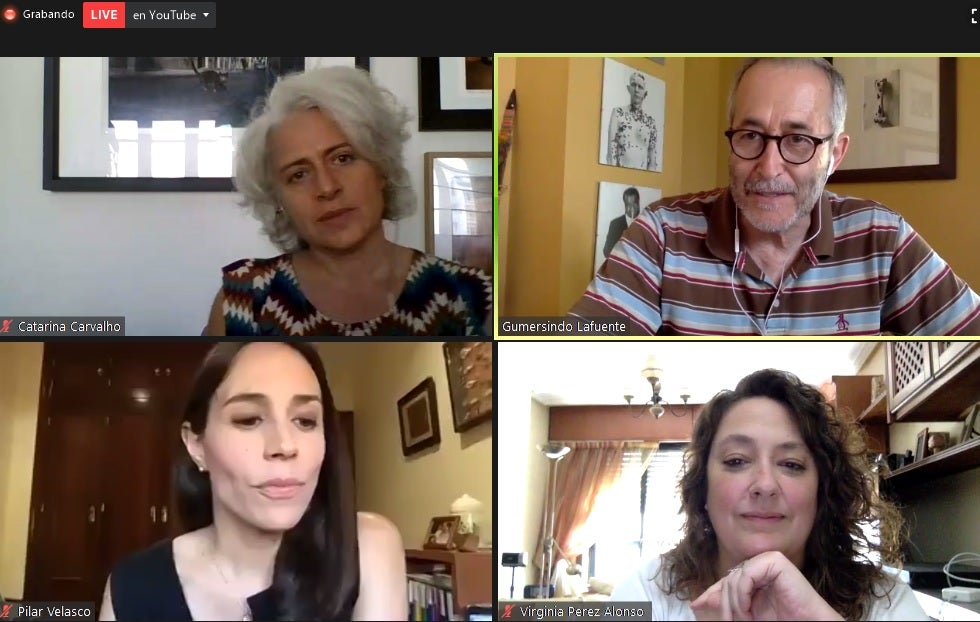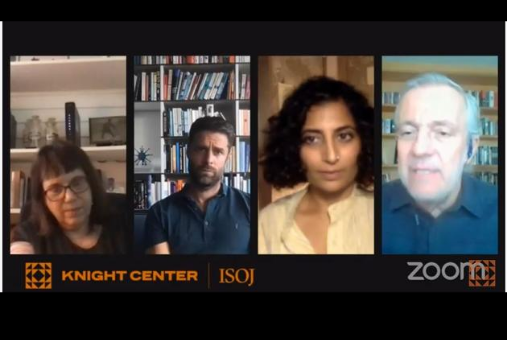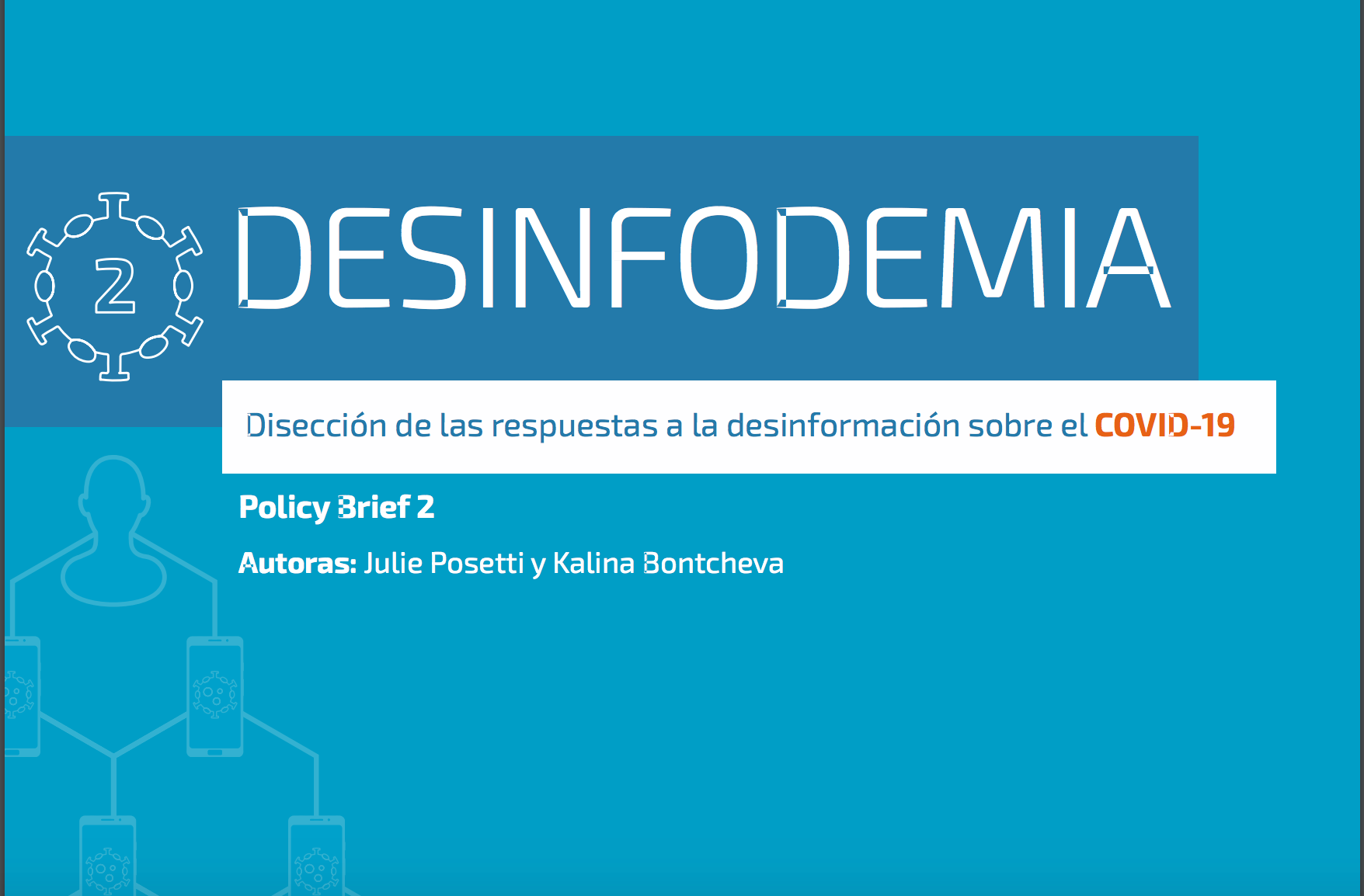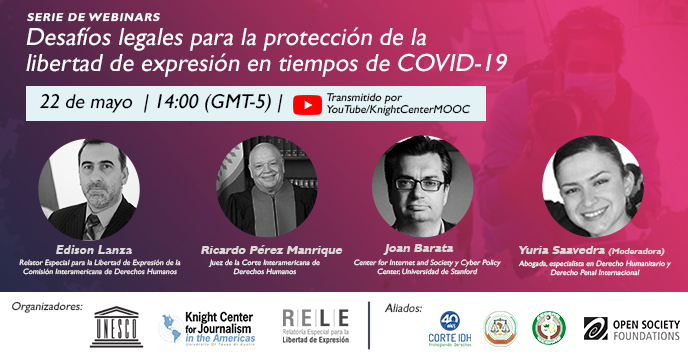
The e-book 'Infodemia' explains in a form of a dictionary, and with a lot of rigorous black comedy, the false and misleading news spread across Latin America and the rest of the world during the COVID-19 pandemic.
Libro 'Infodemia' explica a modo de diccionario, y con riguroso humor negro, las noticias falsas y engañosas más difundidas en América Latina y el resto del mundo durante la pandemia de la COVID-19.

The course content was compiled and reorganized as a self-directed online course that has just been published on the Knight Center’s newly created website JournalismCourses.org.

As it did in Latin America, COVID-19 has a strong impact on the media outlets in Portugal and Spain, with a drastic reduction in advertising, and cuts to staff and salary.

As the coronavirus continues to devastate many parts of the world, journalists are grappling with the best way to cover the disease as information changes and amid a culture of science denialism.

UNESCO published two policy reports in Spanish to understand and respond to the 'infodemic': the disinformation pandemic about COVID-19 that has circulated at a speed impossible to control.

Edison Lanza, Special Rapporteur for Freedom of Expression of the IACHR; Ricardo Pérez Manrique, judge of the Inter-American Court of Human Rights; Joan Barata, Spanish expert; and Guilherme Canela, head of UNESCO's section on Freedom of Expression and Security of Journalists talked during the webinar “Legal challenges for the protection of freedom of expression in times of COVID-19.”
More than 8,300 people have enrolled so far in the massive open online course (MOOC) from the Knight Center that focuses on how journalists can effectively cover the COVID-19 pandemic. Registration is still open.

Mexican newspaper Reforma released an audio recording in which a man who claims to be from an organized crime group threatened to “blow up” its newsroom if it did not stop criticizing the Mexican president.

While the pandemic becomes part of people’s daily lives all around the world, media outlets and individuals are creating podcasts to educate their communities about COVID-19.

The collaborative project Inumeráveis (Innumerable) can be summarized in a sentence: "There is no one who likes to be a number, people deserve to exist in prose.” The virtual memorial aims to tell the stories behind the COVID-19 numbers in Brazil, with profiles of the victims written by volunteers. "We wake up every day with a new […]

Journalists in Latin America are being hit by unemployment, the lack of protective sanitary equipment from their employers and the general precariousness of their situation.